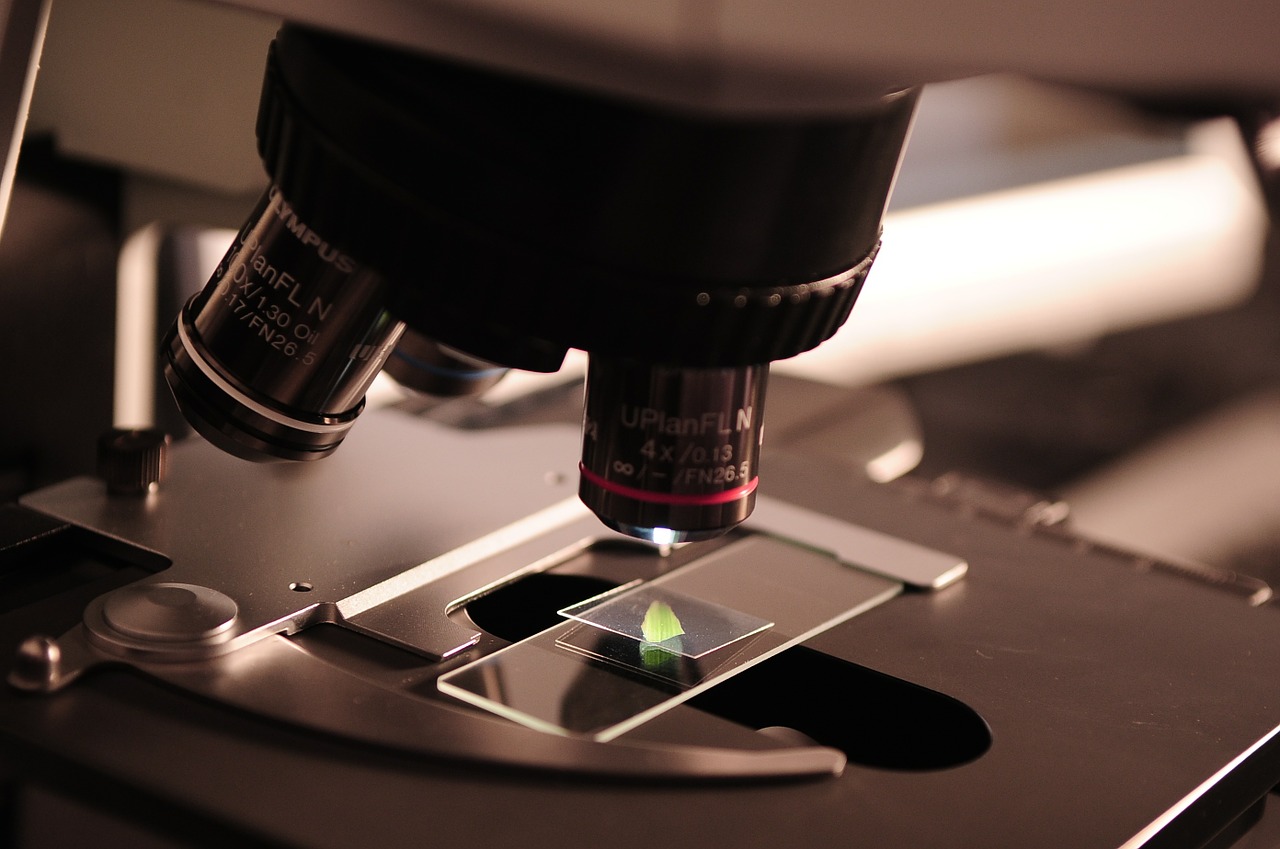A long tradition in science and research has laid important foundations for the fact that Germany as a research location is one of the best in the world today. For Germany, as a country poor in natural resources, strong science and research are the basis for its international competitiveness and future viability. The Federal Republic is the third largest “researcher country” in the world. In total, more than 480,000 scientists work here. In terms of the number of international patent applications, Germany ranks third behind the USA and Japan. Germany’s strengths are the unity of research and teaching, the freedom of science and research, the variety of universities, non-university research institutions, and companies.

The universities
Germany’s higher education system consists of 394 colleges, of which 104 universities, 5 teacher training colleges, 14 theological colleges, 51 art colleges, 189 technical colleges, and 30 administrative colleges. The German universities are – based on the principle of the “unity of research and teaching” – not only educational establishments for students but also places of scientific research. Many universities maintain an intensive exchange with scientists, research institutions, and institutes at home and abroad.
The non-university research institutions
In an international comparison, Germany has a distinctive non-university research landscape. It is essentially concentrated in four large research companies that are jointly financed by the federal government and the states in accordance with the federal system in Germany: the Helmholtz Association, the Fraunhofer Society, the Max Planck Society, and the Leibnitz Association. A “Pact for Research and Innovation” was concluded with the non-university research institutions and the German Research Foundation (DFG), which promises them 5% more money annually for the next five years. In particular the scientific excellence, new forms of cooperation as an expression of new cooperation between different research institutions,
Research in business
Well-known international companies are based in Germany as well as a large number of small and medium-sized companies, some of which are world market leaders in their particular area. German cars, machines, systems, and medicines are particularly well known. The research cooperation between companies and research institutions is diverse, the technology and knowledge transfer established as a common task such as fahrplanauskunft db. The economy accounts for around 2/3 of the expenditures for research and development (R&D) in the gross domestic product (GDP). The Federal Government supports the research efforts of the economy in a variety of ways, including through its research funding programs, which it has bundled in a “High-Tech Strategy for Germany”.
Investing in the future of science and research
It is essential for Germany to use the strengths of research and science for promising areas of the economy. An excellently educated and qualified population is a prerequisite for this. With the “Qualification Initiative for Germany” under the motto “Advancement through Education”, the federal and state governments are committed to ensuring that as many young people as possible can develop their skills and talents and that their interest in scientific and sociological topics and a corresponding professional development can be aroused and aroused is promoted. Germany is making great efforts to make the education and research system “fit” for the challenges of the future: Kindergartens, schools, and universities are being modernized, pre-school care is being improved, schooling is being shortened from 13 to 12 years before the Abitur, and studies are taking into account Bologna reform organized into Bachelor and Master courses. The “Excellence Initiative” competition gives universities new opportunities to carry out cutting-edge research and to promote young academics in project-related graduate schools. Another special funding from the federal and state governments (“Hochschulpakt”) will also enable the creation of 275,000 new study places in the next few years.
Science and research in society
Appreciation for science and research is part of German culture. Students also enjoy benevolence and sympathy, as one expects them to later become one of the top performers in the business, science, education, or culture. A job as a scientist in the Fraunhofer Society is regularly at the top of the ranking of the most popular German employers. Scientists learn early on to embed their work where it takes place: in the midst of society. They are challenged not only to make their thoughts and actions understandable to laypeople but also to come to an understanding about the legitimacy and acceptance of research in society. In Germany, people are proud of technical inventions and deal with science and technology as a matter of course and critically at the same time. Since 2000, the BMBF has been organizing so-called Science Years as part of the “Science in Dialogue” initiative, during which a large number of large and small events take place on a scientific discipline each with the aim of increasing the interest of the general public in science.